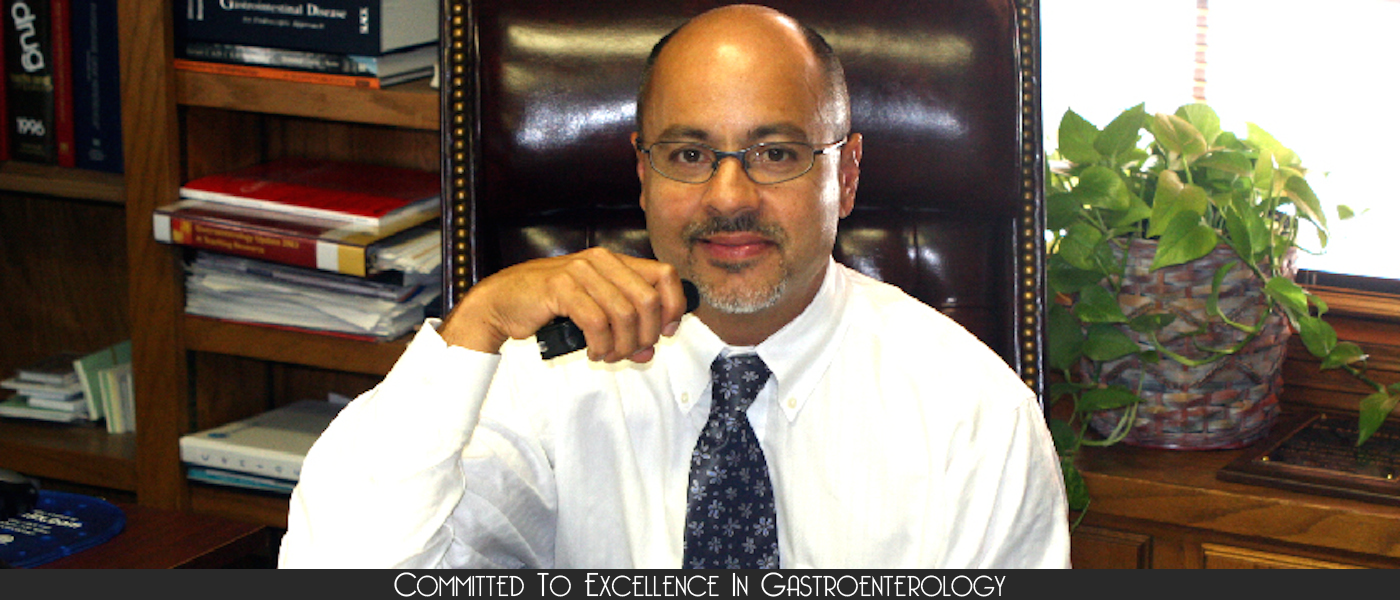
Understanding Colonoscopy
Your physician has determined that colonoscopy is necessary for further evaluation or treatment of your condition. This article has been prepared to help you understand the procedure. It includes answers to questions patients ask most frequently. Please read it carefully. If you have additional questions, please feel free to discuss them with the endoscopy nurse or your physician before the examination begins.
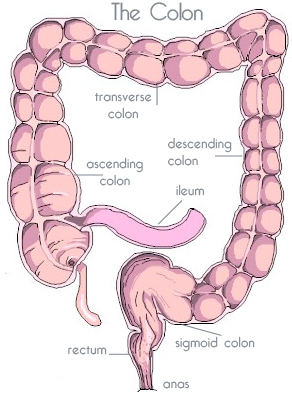
What is a colonoscopy?
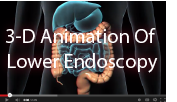 Colonoscopy is a procedure that enables your physician to examine th lining of the colon (large bowel) for abnormalities by inserting a flexible tube that is about the thickness of your finger into the anus and advancing it slowly into the rectum and colon.
Colonoscopy is a procedure that enables your physician to examine th lining of the colon (large bowel) for abnormalities by inserting a flexible tube that is about the thickness of your finger into the anus and advancing it slowly into the rectum and colon.
What preparation is required?
The colon must be completely clean for the procedure to be accurate and complete. Your physician will give you detailed instructions regarding the dietary restrictions to be followed and the cleansing routine to be used. In general, preparation consists of either consumption of a large volume of a special cleansing solution or several days of clear liquids, laxatives, and enemas prior to the examination. Follow your doctor's instructions carefully. If you do not, the procedure may have to be canceled and repeated later.
What about my current medications?
Most medications may be continued as usual, but some medications can interfere with the preparation or the examination. It is therefore best to inform your physician of your current medications as well as any allergies to medications several days prior to the examination. Aspirin products, arthritis medications, anticoagulants (blood thinners), insulin, and iron products are examples of medications whose use should be discussed with your physician prior to the examination. You should alert your doctor if you require antibiotics prior to undergoing dental procedures, since you may need antibiotics prior to colonoscopy as well.
What can be expected during colonoscopy?
Colonoscopy is usually well tolerated and rarely causes much pain. There is often a feeling of a pressure, bloating, or cramping at times during the procedure. Your doctor may give you medication through a vein to help you relax and better tolerate any discomfort from the procedure.
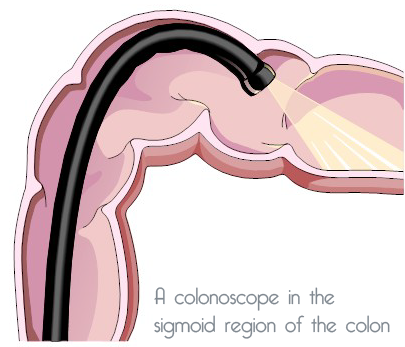
You will be lying on your side or on your back while the colonoscope is advanced slowly through the large intestine. As the colonoscope is slowly withdrawn, the lining is again carefully examined. The procedure usually takes 15 to 60 minutes. In some cases, passage of the colonoscope through the entire colon to its junction with the small intestine cannot be achieved. The physician will decide if the limited examination is sufficient or if other examinations are necessary.
What if the colonoscopy shows something abnormal?
If your doctor thinks an area of the bowel needs to be evaluated in greater detail, a forceps instrument is passed through the colonoscope to obtain a biopsy (a sample of the colon lining). This specimen is submitted to the pathology laboratory for analysis. If colonoscopy is being performed to identify sites of bleeding, the areas of bleeding may be controlled through the colonoscope by injecting certain medications or by coagulation (sealing off bleeding vessels with heat treatment). If polyps are found, they are generally removed. None of these additional procedures typically produce pain. Remember, the biopsies are taken for many reasons and do not necessarily mean that cancer is suspected.
What are polyps and why are the removed?
Polyps are abnormal growths from the lining of the colon which vary in size from a tiny dot to several inches. The majority of polyps are benign (noncancerous) but the doctor cannot always tell a benign from a malignant (cancerous) polyp by it outer appearance alone. For the reason, removed polyps are sent for tissue analysis. Removal of colon polyps is an important means of preventing colorectal cancer.
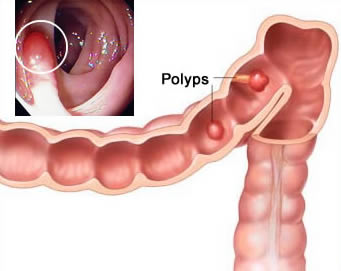
How are polyps removed?
Tiny polyps may be totally destroyed by fulguration (burning), but larger polyps are removed by a technique called snare polypectomy. The doctor passes a wire loop (snare) through the colonoscope and severs the attachment of the polyp from the intestinal wall by means of an electrical current. You should feel no pain during the polypectomy. There is a small risk that removing a polyp will cause bleeding or result in a burn to the wall of the colon, which could require emergency surgery.
What happens after a colonoscopy?
After colonoscopy, your physician will explain the results to you. If you have been given medications during the procedure, someone must accompany you home from the procedure because of the sedation used during the examination. Even if you feel alert after the procedure, your judgment and reflexes may be impaired by the sedation for the rest of the day, making it unsafe for you to drive or operate any machinery.
You may have some cramping or bloating because of the air introduced into the colon during the examination. This should disappear quickly with passage of flatus (gas). Generally, you should be able to eat after leaving the endoscopy, but your doctor may restrict your diet and activities, especially after polypectomy.
What are the possible complications of colonoscopy?
Colonoscopy and polypectomy are generally safe when performed by physicians who have been specially trained and are experienced in these endoscopic procedures.
One possible complication is a perforation or tear through the bowel wall that could require surgery. Bleeding may occur from the site of biopsy or polypectomy. It is usually minor and stops on its own or can be controlled through the colonoscope. Rarely, blood transfusions or surgery may be required. Other potential risks include a reaction to the sedatives used and complications from heart or lung disease. Localized irritation of the vein where medications were injected may rarely cause a tender lump lasting for several weeks, but this will go away eventually. Applying hot packs or hot moist towels may help relieve discomfort.
Although complications after colonoscopy are uncommon, it is important for you to recognize early signs of any possible complication. Contact your physician who performed the colonoscopy if you notice any of the following symptoms:
Severe abdominal pain
Fever and chills
Rectal bleeding of more than one-half cup
Note: Bleeding can occur several days after a polypectomy. If this happens, be sure to contact your Doctor's office.
If you have any questions, please feel free to ask the doctor, GI nurse, or the technician.
Dr. Bhandari has staff privileges
at the following hospitals:

Monday, Wednesday
& every other Thursday

Tuesday & every
other Thursday

Every other Friday
Our Location:
Monday to Friday: 8:00 AM to 5:00 PM.
616 South Washington | Bastrop, LA 71220 | PH: 318 283-3990
